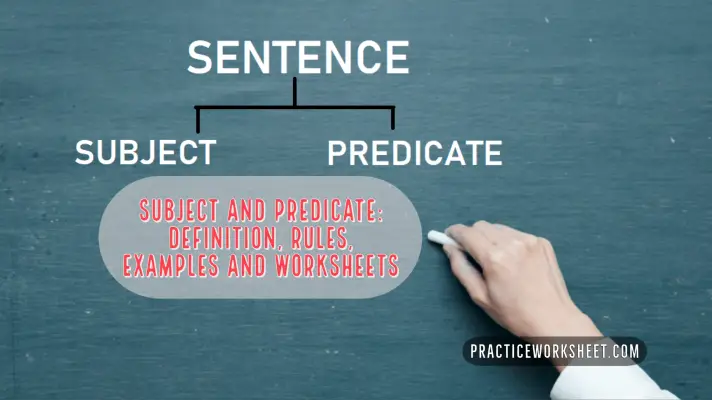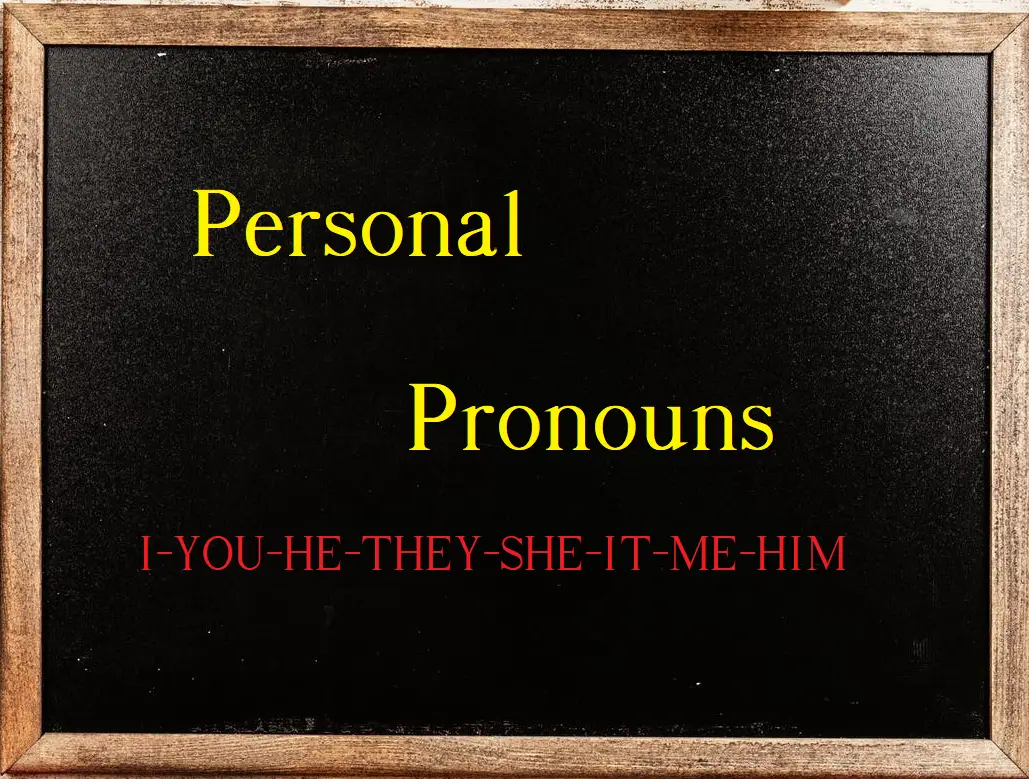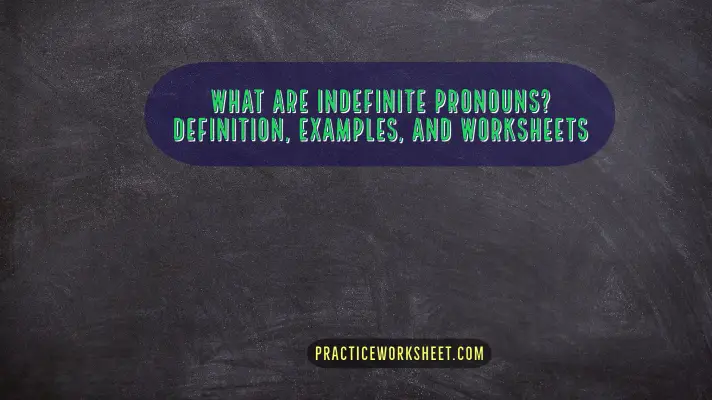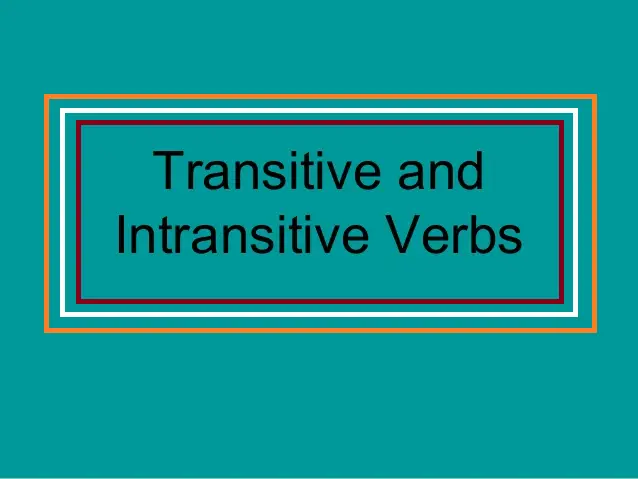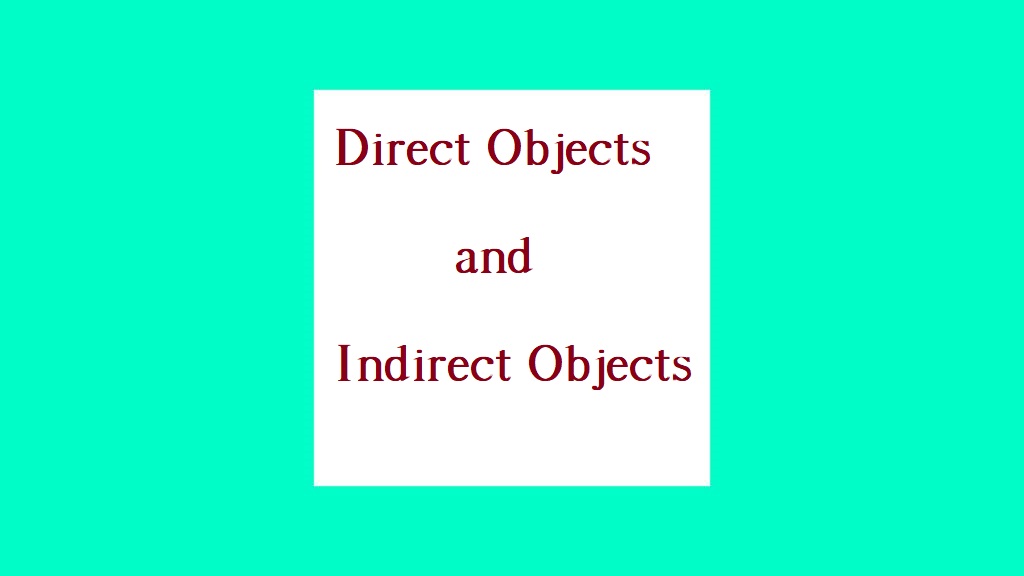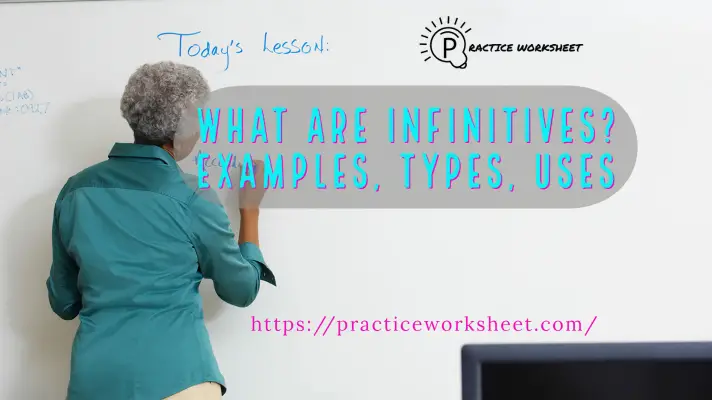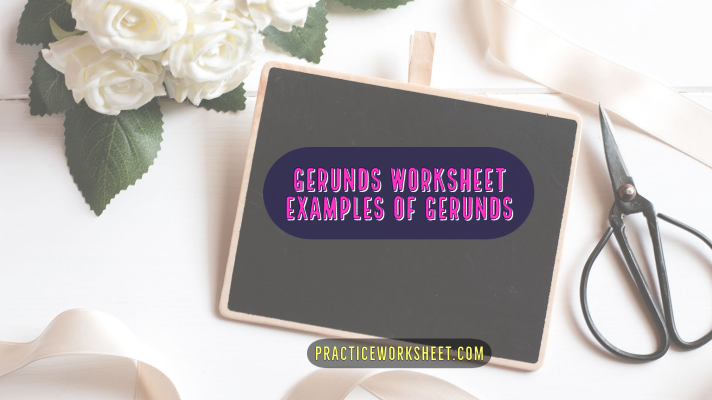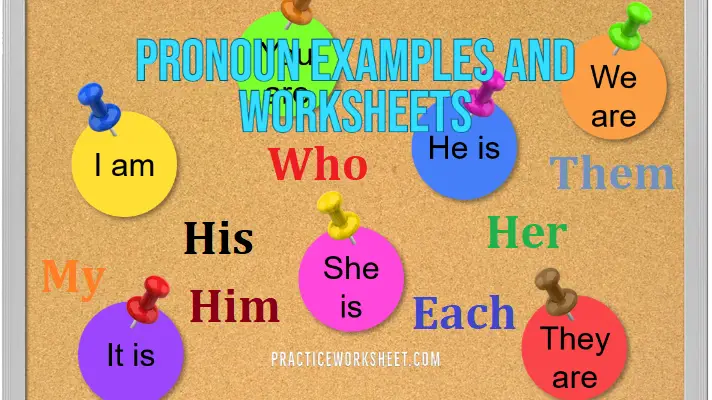Reflexive pronouns are used when both the subject and the object of a sentence are the same. All reflexive pronouns end with -self or -selves. The verb used in these sentences is known as the reflexive verb. There are nine reflexive pronouns in English. They are: “myself, himself, itself, herself, yourself, oneself, yourselves, themselves, and ourselves”. Except “oneself” (one is an indefinite pronoun) in the list, all other reflexive pronouns are generated by adding -self or -selves at the end of certain personal pronouns. In the above list of reflexive pronouns, ourselves, yourselves, and themselves act as plurals, whereas all others work as singular.
Use of Reflexive Pronouns
When the subject of a sentence is doing something by or to itself, Reflexive pronouns are used. Also, note that reflexive pronouns serve as objects (either direct or indirect objects) to a sentence and always come after the verb. For example, I saw myself in the mirror.
In everyday language, the use of reflexive pronouns is quite common. They allow reflecting on the same subject with more clarity.
Rules of Reflexive Pronouns
Reflexive pronouns as Direct or Indirect Objects
When a reflexive pronoun act as a direct object, it is the same as the subject and receives the action of a transitive verb. For example,
- Sandesh planned to gift himself with a new laptop.
- Ram is preparing himself for the Olympics.
Reflexive pronouns can be used as an indirect object, when the indirect object is the same as the subject of the verb and it demonstrates for whom or why the action is taken. For example,
- Aharsi bought himself something to eat.
- Swarnali cooks egg-noodles for herself every morning.
Reflexive Pronouns to show Independent Actions
Sometimes, reflexive pronouns are used along with the word “by” to mean “without any help”. For example,
- I prepared the food by myself.
- The workers cleaned up their rooms by themselves.
Reflexive Pronouns vs Intensive Pronouns
Intensive pronouns are identical to reflexive pronouns in form and end with -self or -selves. However, they serve to emphasize or reiterate the subject’s role in the verb’s action. Intensive pronouns are also known as emphatic pronouns and as it is emphatic, the sentence will make sense even after the removal of the pronoun. For instance:
- I checked over these documents myself.
- She wrote all the songs herself.
Examples of Reflexive Pronouns
The following section provides some of the examples of reflexive pronouns used in sentences:
- Iqbal considers himself to be above the law.
- One should not concern oneself with other’s businesses.
- I washed my car myself.
- She is too young to go by herself.
- We blamed ourselves for the mischief.
- Babies can not look after themselves.
- The cat hurt itself.
- You can do it yourself.
Reflexive Pronouns Worksheets
Let’s solve the following reflexive pronoun exercises.
Reflexive Pronouns Worksheet 1: Underline the reflexive pronouns in the following sentences.
- He does not respect himself.
- Help yourself
- Mohor burned herself while she was cooking.
- I made a fool of myself by saying that stupid sentence.
- We usually play by ourselves.
- The little bird washing itself in the pond.
- The boys played the game themselves.
- Your friend and you worry yourselves too much.
Reflexive Pronouns Worksheet 2: Fill in the blanks using appropriate reflexive pronouns.
- Have you come by ________?
- Manasi folded all the clothes by ____________.
- Dipushree and Pamela walked home by ____________.
- You can fill the form __________.
- While thinking about childhood days, I laugh at ___________.
- Firan, Rubel, Uttam, and I carried Sumita by _______________.
- Don’t worry ____________ about it.
- Help __________ to have some cookies.
Reflexive Pronouns Worksheet 3: Choose the correct reflexive pronouns to complete the sentence.
- The lady President (himself/herself) conveyed the message.
- They are so small to look after (ourselves/themselves).
- Deep, solve that problem by (himself/yourself).
- The dog carried the bone all by (himself/itself).
- Behave (ourselves/yourself); everybody is looking at you.
- I am going to buy a book for (yourself/myself)
- We hurt (themselves/ourselves) in the game by not following rules.
- Young ladies usually spend hours looking at (themselves/herself) at the mirror.
Reflexive Pronouns Worksheet 4: Match column A with Column B with corresponding reflexive pronouns.
| Column A: Pronouns | Column B : Reflexive Pronouns |
| 1. I | a. Itself |
| 2. One | b. herself |
| 3. You | c. themselves |
| 4. They | d. ourselves |
| 5. It | e. myself |
| 6. He | f. yourself |
| 7. She | g. himself |
| 8. We | h. oneself |

